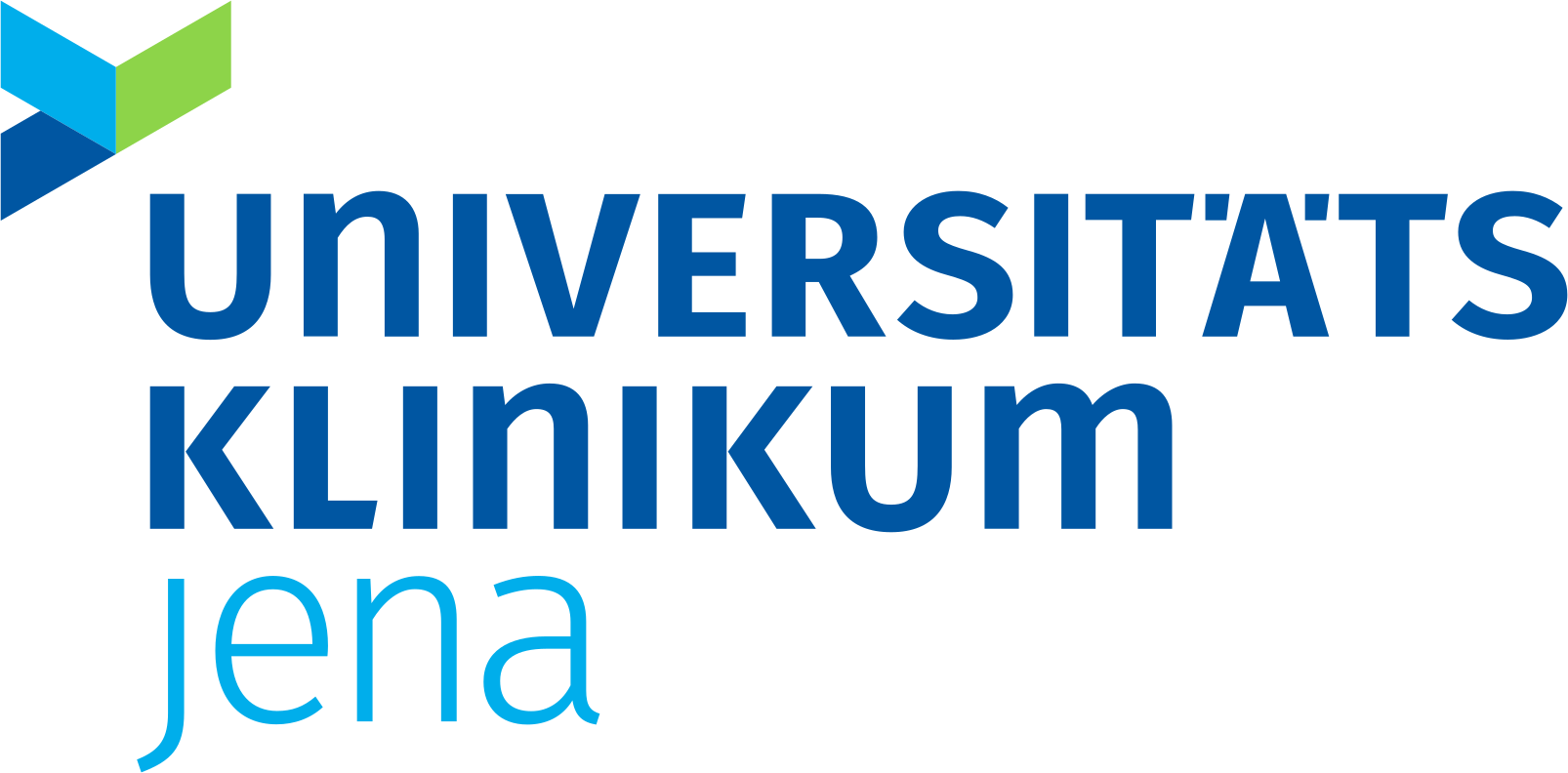


 Challenges
Challenges
The institute processed an average of 58 stool cultures per day and was faced with an increasing workload, resulting in a delay in reporting results. Another problem was that their routine stool cultures lacked the sensitivity needed to detect certain pathogens.
 Objective
Objective
To significantly reduce hands-on time dedicated to culture and reduce the overall number of plates used. A rapid negative PCR result will eliminate samples from further investigation, minimizing time dedicated to additional and perhaps ineffective steps.
To improve diagnosis of Shiga toxin-producing Escherichia coli and Shigella by the use of a more sensitive test method.
 Solution
Solution
The BD MAXTM Enteric Bacterial Panel as performed on the BD MAXTM System has a higher level of sensitivity than conventional stool culture. Laboratory staff reached their objective to better diagnose Shiga toxin-producing Escherichia coli and Shigella.
Staff at Jena University Hospital were also pleased to discover that they were able to increase detection of Campylobacter. And by leveraging molecular results, they can carry out more targeted investigation using culture.
There was also a significant improvement in the way their organisation operates because laboratory staff no longer work extra hours to keep up with the workload. All samples are managed on the same day, from reception to results.
Results
Implementation of the BD MAXTM System and BD MAXTM Enteric Bacterial Panel has resulted in same day results, providing more timely patient management, more appropriate treatment, and quicker implementation of infection control measures.
